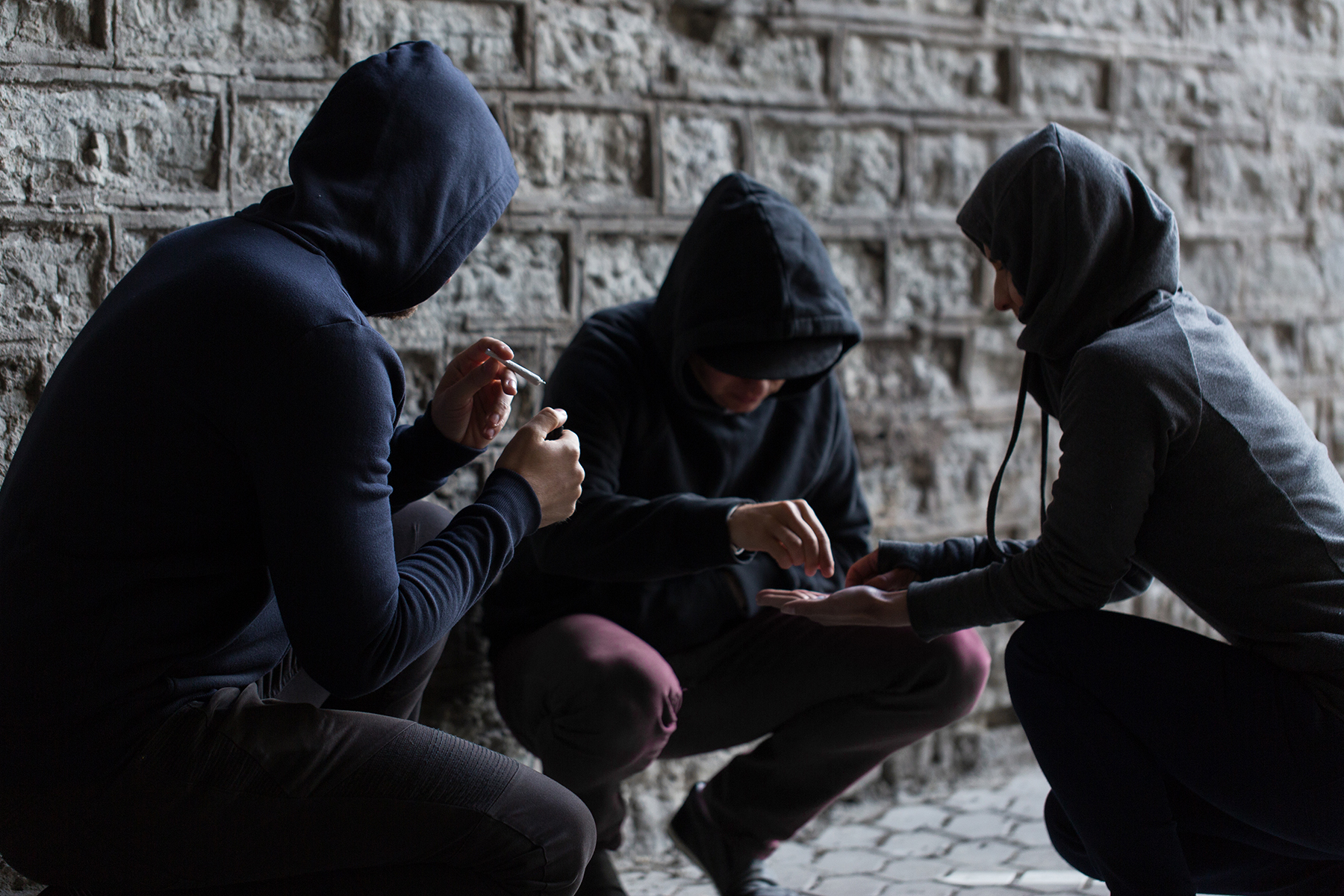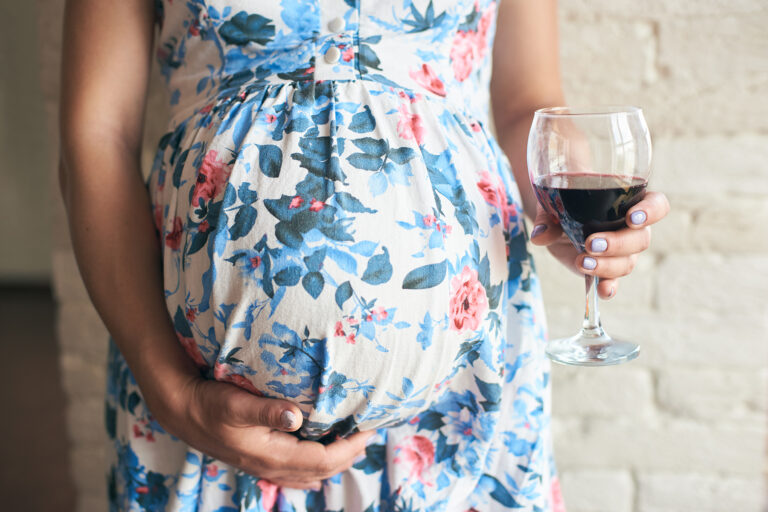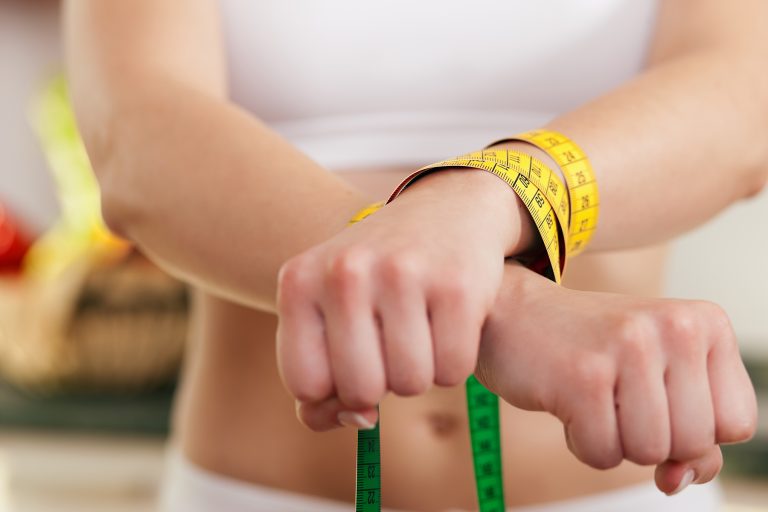Unfortunately, addiction can start when people are very young and there is a high risk period in a child’s teens and 20s, when pressure to experiment with drugs and alcohol is strong. At this time in our lives we are trying to find out who we are, trying to fit in and find it hard to say no to our peers. Their impulse control isn’t strong at this time in their lives and their decision-making abilities are still forming, so it’s a dangerous time for substance abuse. This would explain why a Substance Abuse and Mental Health Services Administration survey revealed that young adults have some of the highest rates of alcohol and substance misuse.
According to the CDC, “The majority of adults who meet the criteria for having a substance use disorder started using substances during their teen and young adult years”. They also share disturbing statistics such as that 15% of high school students have used illicit or injection drugs and 14% reported misusing prescription opioids. They also highlight the fact that using these drugs puts these youngsters at risk of HIV and overdose and is associated with sexual risk behaviour, experience of violence, and mental health and suicide risks.
For parents that are concerned about their children and want to know the best way to support them and prevent them as much as possible from the dangers of substance abuse, the CDC has identified certain protective factors that we can follow. These include; parent or family engagement, family support in general, parental disapproval of substance use, parental monitoring and school connectedness.
However, parents of teens and young adults can’t protect them from everything and need to give them freedom to grow up and develop. It’s key to keep talking to your children and being involved in their lives as much as possible, which is what the CDC mean when they talk about parental monitoring.
Part of this monitoring is keeping a close eye out for the signs of addiction. These include –
- Mood changes
- Issues at school
- Falling in with a different group and not wanting you or other friends to meet them
- Low energy and losing interest in things that formerly brought them pleasure
- Physical or mental changes that you could connect with drug or alcohol use
Unfortunately, we know that most teenagers can exhibit these kinds of behaviours and that it’s a difficult and confusing time for them and you as parents. So, you don’t need to be alarmed unless many of these factors combine, but try and keep those channels of communication open. It’s also a good idea to continue to clean their rooms and do their laundry to enable you to keep an eye out for drugs or alcohol.
Treating addiction in young people
Ideally, parents, teachers or medical professionals will catch issues with substances early, before it becomes a full-blown addiction. This makes supporting this individual easier and there are more treatment options which do not have to interfere with their lives to a great degree. This includes drug counselling and therapy, or outpatient addiction treatment programs.
However, in more severe cases, inpatient rehabilitation centres such as ours can be a good option. This is because it removes them from temptation and pressure that they may feel is impossible to resist and gives them a safe space to completely focus on their recovery and give them the best chance of avoiding relapse in later life.
We have just finished treating an 18 year old at our private rehabilitation centre in Marbella, who came to us addicted to alcohol, recreational drugs and prescription pills, not to mention using a wide variety of substances when access allowed. Unfortunately, she had already been sectioned several times by the police and her family life was horrendous.
We helped her to come off all her medications, but also started to work on repairing the damaged relationships with her mum and siblings. They came out to Spain twice to see her for supervised visits, as well as family therapy. Her Mum also spoke with our therapists who answered her questions and gave her some guidance for how best to support her daughter when she returned home. She was with us for three months, and is now on our aftercare programme and her progress has been fantastic.
Her whole family were so delighted with the results and we received the loveliest card with the message “so grateful for your kindness”. The client’s Mum wrote the following heartfelt words –
Dear Howard,
Words cannot express how grateful I am to you for everything.
The therapy and care you put together for my daughter was totally amazing and achieved results I didn’t dream possible.
You have given her back her life and given her back to her family.
The kindness and support you gave me was way beyond anything I could expect. I only hope to go on to be able to do the same for someone else.
You really are a remarkable and very special person and I am very blessed to have met you.
We are so happy to have been able to give this young girl her life back and lay the groundwork for her to live a happy and successful life without drugs, prescription medication or alcohol. If you’re going through a similar situation with your young family member, we hope this story gives you some hope, that there is a light at the end of the tunnel and there can be a happy ending for young people dealing with addiction.
Our approach to treating addiction
As you can see from this letter from the family, we’re committed to supporting the whole family in these cases. Addiction is very much a family disease and is very hard on the loved ones who get caught up in an addict’s destructive behaviours. That’s why we work with the family as well as the addicts, offering them counselling and therapy, as well as ensuring they are kept up to date and informed during the treatment process.
We also always integrate family therapy into the treatment plan because it’s not as simple as telling people how to stop taking drugs, getting them clean and sending them back to their old lives. This will only lead to relapse and more heartbreak.
Family therapy is vital for both the families and the addicts. It offers the families the support they need and helps them overcome their lack of trust, anger and resentment that they are feeling. It gives them the tools they need to support the addict through their recovery once they leave an inpatient rehabilitation centre.
It also helps to get over communication breakdowns from both sides and aims to re-build relationships so that there is a support system in place and that the families can come together again.
Please contact us if you or your loved ones are struggling with addiction and let us help you all out of this dark time and towards the light of life without drugs or alcohol. With the right help, there is a bright future out there for you all.
You can contact us by calling +34 711 052 974, sending us a WhatsApp or an email to [email protected]. You can expect kindness, understanding, total confidentiality and practical suggestions and support. You are not alone!




